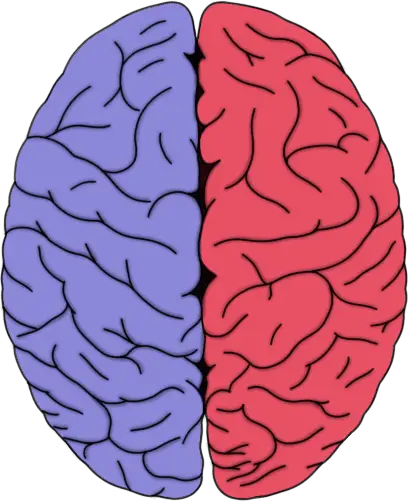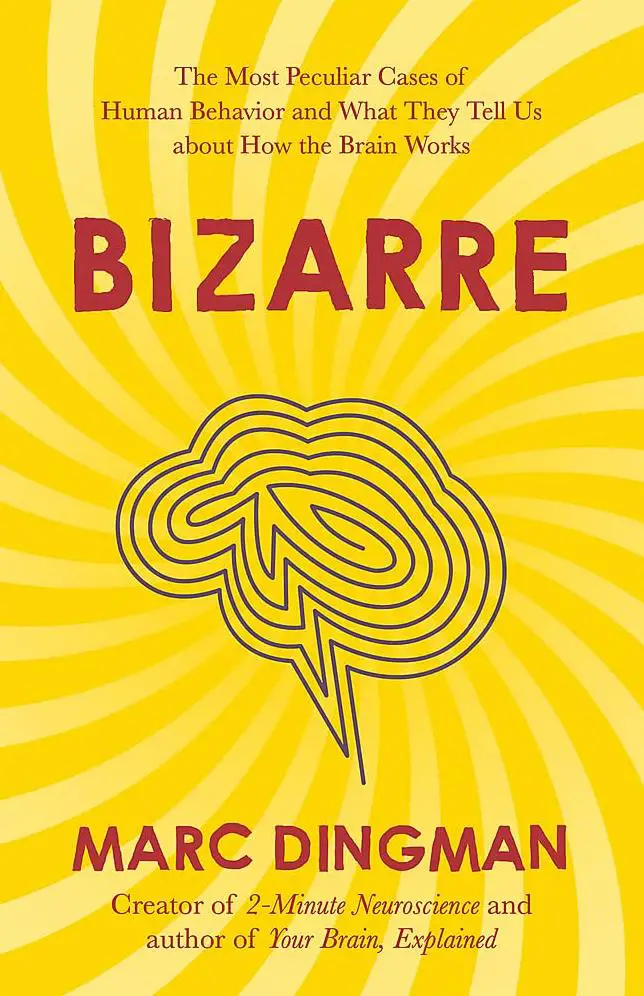Why do we sleep?
Why do we sleep? Sleep is an activity that takes up about 1/3 of our lives, so you would probably guess that neuroscience has a clear answer to why we do it, right? Wrong. The fundamental reason behind why we sleep is still shrouded in mystery. We know that we have to sleep (without it we would die). But we still don't know what its physiological function is.
There are a variety of hypotheses about why we sleep that have garnered some support. For example, sleep may have evolved in order to help our ancestors save energy during a time when food was more difficult to obtain. According to this hypothesis, sleep is a period of adaptive inactivity, and may also have protected our ancestors during the time when their poor night vision would have made them more susceptible to predatory attacks.
Sleep also seems to serve a restorative function. While sleeping, we may be replenishing energy reserves that we have utilized throughout the course of our day. For example, to meet daily needs, your brain uses up stores of glycogen for energy. Sleep is an opportunity to decrease demands on the brain so those stores can be replenished.
Another hypothesis suggests that sleep is important for memory consolidation. Disrupting sleep has been shown to make recall of information learned the previous day more difficult (at least in some circumstances). This has led to the suggestion that sleep is crucial to the consolidation and integration of information learned throughout the day.
Of course, none of these hypotheses are mutually exclusive. But recent research has begun to elucidate one of the ways that sleep may work to maintain a healthy brain - and what happens when it is prevented from doing so. Late last year, a study published in Science suggested that during our waking hours, waste products begin to accumulate in the fluid between the cells in our brain. These waste products include proteins (e.g. amyloid-beta and tau proteins) whose buildup is associated with neurodegenerative diseases like Alzheimer's disease. The study showed that during sleep in mice, the flow of cerebrospinal fluid (CSF) throughout the brain is increased. One of CSF's most important roles is waste removal, so increasing CSF flow facilitates the removal of these potentially damaging proteins. If this increased CSF flow and waste removal turns out to be a feature of human sleep as well, it might help to explain why poor sleep quality and shorter sleep duration have been found to be associated with higher levels of amyloid-beta protein accumulation in the brain.
A study published last week also showed that chronically shortening the amount of time mice had in the light each day (which reduced the amount of time they slept because mice are nocturnal) led to impaired cognition. The study was done using a strain of mice genetically engineered to be a model for human Alzheimer's disease. These mice begin displaying signs of cognitive dysfunction at around a year of age, and then within a couple of months generally show the hallmark signs of Alzheimer's disease in the brain, which include aggregations of amyloid-beta and tau proteins. These aggregations are referred to as amyloid-beta plaques and neurofibrillary tangles, respectively. Although the mice subjected to sleep deprivation didn't display overall differences in amyloid-beta and tau accumulation, tau metabolism was altered in the sleep-deprived mice, which may have been an early indicator of tau aggregation. There were also other markers of synaptic pathology that would be consistent with neurodegeneration.
The purpose of sleep remains a mystery, but some of these recent studies underscore its significance to the health of the brain. It is important, however, to avoid misinterpreting findings like these as support for the idea that everyone needs a certain amount of sleep (in truth, everyone varies in the amount of sleep they need). What these findings suggest, though, is that chronic sleep disturbances may be especially detrimental to our brains as we get older.
Di Meco, A., Joshi, Y., & Praticò, D. (2014). Sleep deprivation impairs memory, tau metabolism, and synaptic integrity of a mouse model of Alzheimer's disease with plaques and tangles Neurobiology of Aging DOI: 10.1016/j.neurobiolaging.2014.02.011


